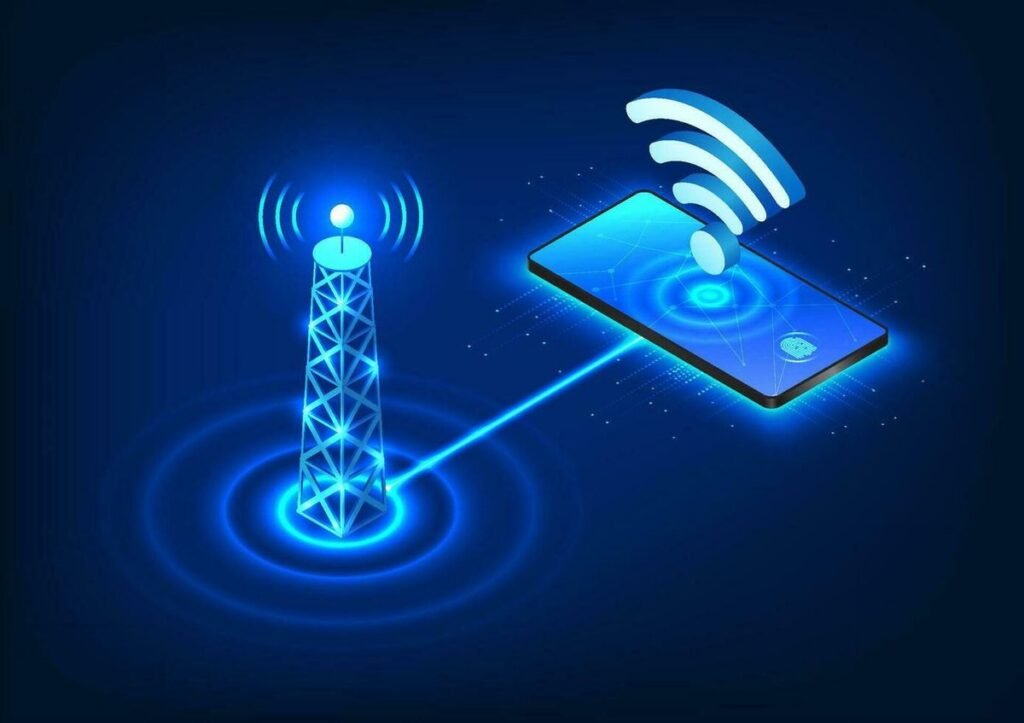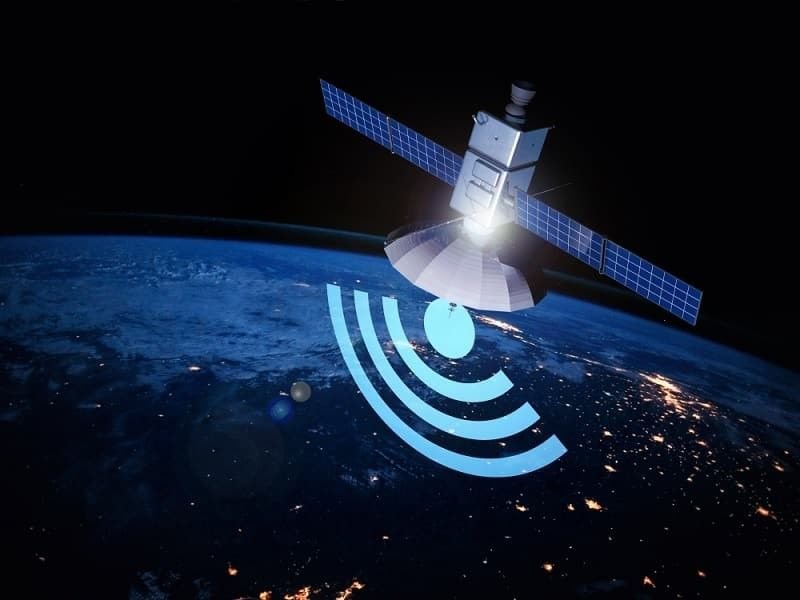Reliable Cellular Connectivity Technologies for Modern Enterprises
Scalable, secure, and future-ready wireless standards built to support industrial IoT, automation, and mission-critical networks

Platform Introduction
This page explores the essential role of cellular connectivity technologies in driving modern digital infrastructure. Businesses today require more than just internet access—they need low-latency, secure, and highly scalable wireless communication to support IoT devices, real-time analytics, and smart automation systems. The content presented below breaks down core cellular technologies, from low-power protocols for wide-area sensors to next-gen 5G frameworks that support real-time industrial control. These technologies form the backbone of advanced digital transformation across logistics, manufacturing, energy, healthcare, and beyond.
With a growing network of B2B clients across North America, CellularTechHub.com delivers strategic wireless solutions that align with enterprise needs. From foundational hardware and connectivity platforms to ongoing product development and system integration, we enable businesses to adopt cellular solutions that are built for performance and reliability. Our Memphis-based team combines innovation and proven experience to help companies stay agile and connected in a rapidly evolving market.

Cellular Connectivity Technologies
Cellular-based technologies provide the wireless infrastructure required for today’s smart systems. These connectivity standards are purpose-built to support a wide variety of use cases—from lightweight IoT deployments to complex, latency-sensitive industrial environments. CellularTechHub.com helps businesses select, implement, and scale these technologies to meet specific operational goals, while ensuring performance, coverage, and security.
Here’s a detailed look at the key cellular connectivity technologies transforming B2B operations:
NB-IoT (Narrowband IoT)

NB-IoT is a cellular-based technology engineered for ultra-low-power, low-bandwidth applications. It excels in supporting massive deployments of simple, cost-effective devices that send small amounts of data infrequently—such as utility meters, parking sensors, streetlights, and environmental monitors. Its key strengths include extended battery life (up to 10 years), deep indoor penetration, and secure, licensed spectrum operation. NB-IoT enables smart city and smart utility use cases where device longevity, signal coverage, and minimal maintenance are priorities. Its lightweight architecture reduces device complexity and cost, making large-scale IoT deployments economically feasible. Whether you’re connecting thousands of water meters in a dense urban area or deploying rural agriculture sensors, NB-IoT provides the reliability and energy efficiency needed to operate at scale. CellularTechHub.com helps businesses design and deploy NB-IoT networks tailored to specific use cases, with seamless integration into enterprise systems.
LTE-M (Cat-M1)

LTE-M (Long Term Evolution for Machines), also known as Cat-M1, offers a more capable alternative to NB-IoT for applications that require mobility, voice support, and faster data transmission. LTE-M operates within existing 4G LTE networks, allowing for seamless nationwide coverage and interoperability. It supports VoLTE (Voice over LTE), making it ideal for devices like emergency alert systems, smart watches, asset trackers, and mobile health monitors that need consistent, real-time communication. Unlike NB-IoT, LTE-M accommodates moving devices and handovers between towers, enabling dynamic use cases across logistics and field operations. With its balanced trade-off between power consumption, performance, and cost, LTE-M is positioned to support a broad spectrum of B2B IoT applications. CellularTechHub.com helps enterprises build LTE-M enabled solutions that ensure consistent performance and easy device management at scale, backed by secure, licensed network infrastructure.
4G LTE for IoT

For applications requiring higher bandwidth, low latency, and stable real-time data exchange, 4G LTE for IoT is the go-to connectivity solution. This category typically includes Cat-1, Cat-4, and higher LTE variants that offer robust data rates suitable for complex IoT applications—such as video surveillance, in-vehicle gateways, industrial control systems, and remote diagnostics. With nationwide and even global coverage, 4G LTE provides a stable, mature ecosystem that supports mobility, QoS (Quality of Service), and secure connections for mission-critical devices. It enables applications where consistent, fast communication is essential for performance, safety, or compliance. CellularTechHub.com works with enterprises to deploy and manage 4G LTE-based IoT systems that are scalable, secure, and tailored for business-specific data needs. From edge devices to backend integration, we help ensure that your 4G LTE infrastructure meets today’s operational demands and tomorrow’s growth.
5G NR for IoT (New Radio)

5G New Radio (NR) represents the next leap in IoT connectivity, built to support ultra-reliable low-latency communication (URLLC), massive machine-type communication (mMTC), and enhanced mobile broadband (eMBB). These features make 5G NR a foundation for advanced enterprise applications like real-time robotics control, autonomous vehicles, smart factories, and digital twins. With extremely low latency (as low as 1ms), high device density (over 1 million devices per square kilometer), and enhanced network slicing capabilities, 5G NR enables industries to create virtualized, application-specific networks. This allows simultaneous support for critical systems and high-volume sensors on the same infrastructure. CellularTechHub.com partners with businesses to evaluate, design, and implement 5G NR strategies that unlock agility, automation, and intelligence in operations—delivering custom solutions from pilot to full-scale rollout.
Private LTE / Private 5G Networks

Private LTE and Private 5G networks allow enterprises to build and operate dedicated cellular infrastructure, providing full control over performance, security, and data flow. Unlike public carrier networks, private networks can be fine-tuned for specific use cases such as industrial automation, mining, warehousing, logistics yards, or utilities. Benefits include dedicated bandwidth, ultra-low latency, reduced interference, enhanced privacy, and the ability to operate even in areas without public coverage. With edge computing integration and the use of licensed or shared spectrum (like CBRS in the U.S.), organizations gain mission-critical reliability with enterprise-grade security. CellularTechHub.com supports clients in designing, deploying, and managing private LTE/5G environments that align with operational goals, compliance requirements, and digital transformation initiatives. From proof of concept to production-scale networks, we deliver turnkey connectivity solutions that accelerate innovation.
Interested in learning how our cellular connectivity solutions can benefit your business?
Contact us today to speak with a CellularTechHub.com specialist. We’re ready to help you build smarter, faster, and more connected operations with technology that works for your industry.